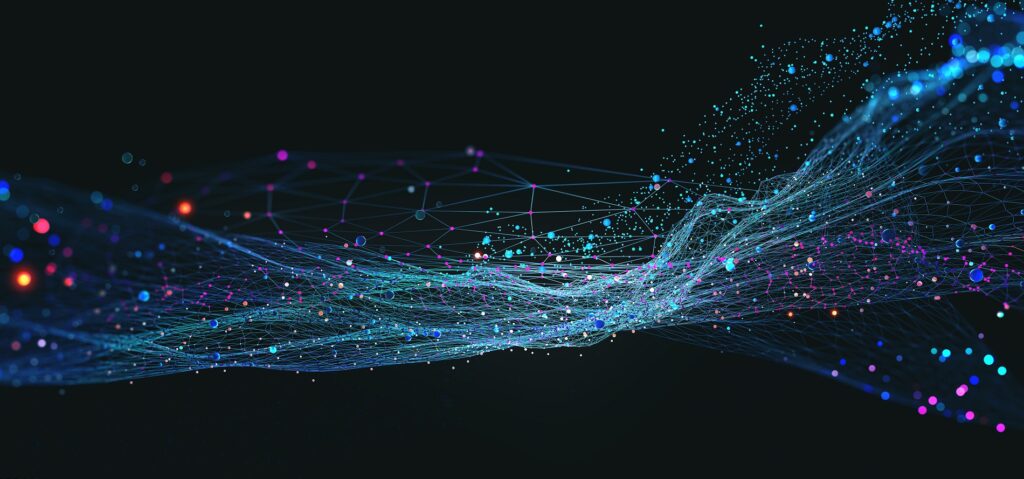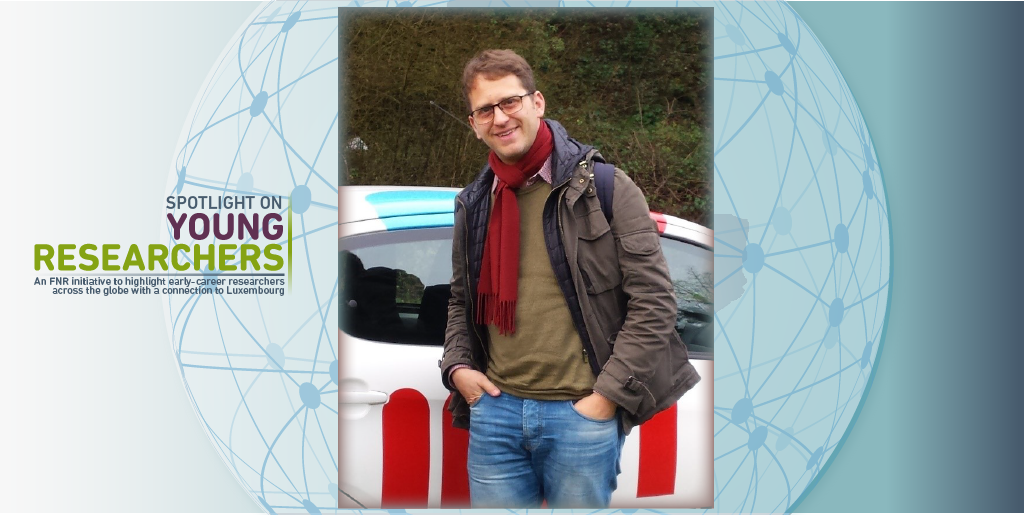
Scientist Philippe Delfosse produces energy and fertilizer, reducing waste by perfect recycling. That’s something!
Strictly speaking, Delfosse doesn’t produce electricity himself – he has others produce it for him. Toiling endlessly under gruelling conditions is his workforce of bacteria. Dr. Philippe Delfosse, a senior researcher at the Luxembourg Institute of Science and Technology (LIST), is a biogas plant expert. He would say his goal is to turn waste into gold. And there does seem to be a touch of alchemy in the systems Delfosse is researching and optimising.
The conversion processes in a modern biogas plant are far more complex than, say, the workings of a wind turbine. Mostly because all the work in a biogas plant is done by living organisms – bacteria and many unexpected living organisms that break down the organic substances and produce methane as a by-product, which can be combusted to produce electricity or purified to be injected into the gas grid.
But what are the detailed steps in these processes, and how can we optimise them for our practical purposes? These are some of the questions that occupy Delfosse’s mind.
Individual microorganisms of extreme importance
Thanks to backing from the FEDER, The EU-FP7, the Luxembourg Ministry of Sustainable Development and Infrastructure and funding secured from the FNR, Delfosse and his team have already made considerable headway in answering these questions. They already have a much better understanding of the complex processes that are important for the bacterial degradation of organic materials inside biogas plants.
They have analysed the complex community and revealed the extreme importance of individual microorganisms. The research conducted by Delfosse’s team will be instrumental in making biogas plants operate more efficiently in future.
“Electricity from biogas plants, however, is just the cherry on the cake,” explains Delfosse, who has every listener quickly sold on the idea of biogas production.
“Our starting materials are predominantly biowaste, dung from agriculture and crop residue from farmland. All this biowaste is out there anyway. So why not put it to good use?” And “use” has a very broad meaning here: methane for producing electricity, high quality fertiliser that recycles the majority of the bound nitrogen, or hydrogen which can be used as an energy store.
Biogas plants cooperate with nature
The future looks even brighter in this dark environment, with the recent discovery of new microbes with attractive properties. Biogas plants do not exploit nature; they cooperate with it. This is what gives people useful, renewable energy. A win-win situation, you could say!
Yet, biogas plants are still having a hard time gaining acceptance. As the researchers working with Delfosse so colourfully put it, there is a serious image problem associated with “bacteria breaking down shit”, even if biogas plants make less of a stink than one might expect. Compounding this poor image is the use of energy crops for biogas generation, which has riled up plenty of critics.
Quite rightly, as Delfosse is the first to agree: extensive corn growing can end up as giant monocultures that hog the land areas that would otherwise be used to grow food. “That is why in Luxembourg, right from the first plant established in 1998, we concentrate on using existing waste,” Delfosse emphasises.
Working to establish the concept
Optimisation, maximum utilisation and control of these systems are the goal of Delfosse and his crew. Philippe Delfosse accordingly spends much of his time out of the office and away from the lab: onsite at the biogas plants in Luxembourg.
Together with operators and farmers, he is working tirelessly to get this highly rational concept more widely established. Through these efforts, generation of renewable energy from bacteria could yet have that major breakthrough.
This success story originates from the FNR 2017 Annual Report – view the Annual Report as PDF or interactive digital version
CORE – The main FNR programme for funding of high-quality research projects in five priority domains: ICT, Sustainable Resources Management, Material Sciences, Biomedical and Health Sciences, Societal Challenges. The programme is dedicated to established and starting Principle Investigators.
FNR CALL: 2011
DOMAIN: SR – Sustainable Resource Management
FNR COMMITTED: 872,000 EUR
PERIOD: 01.09.2012 – 31.08.2015




